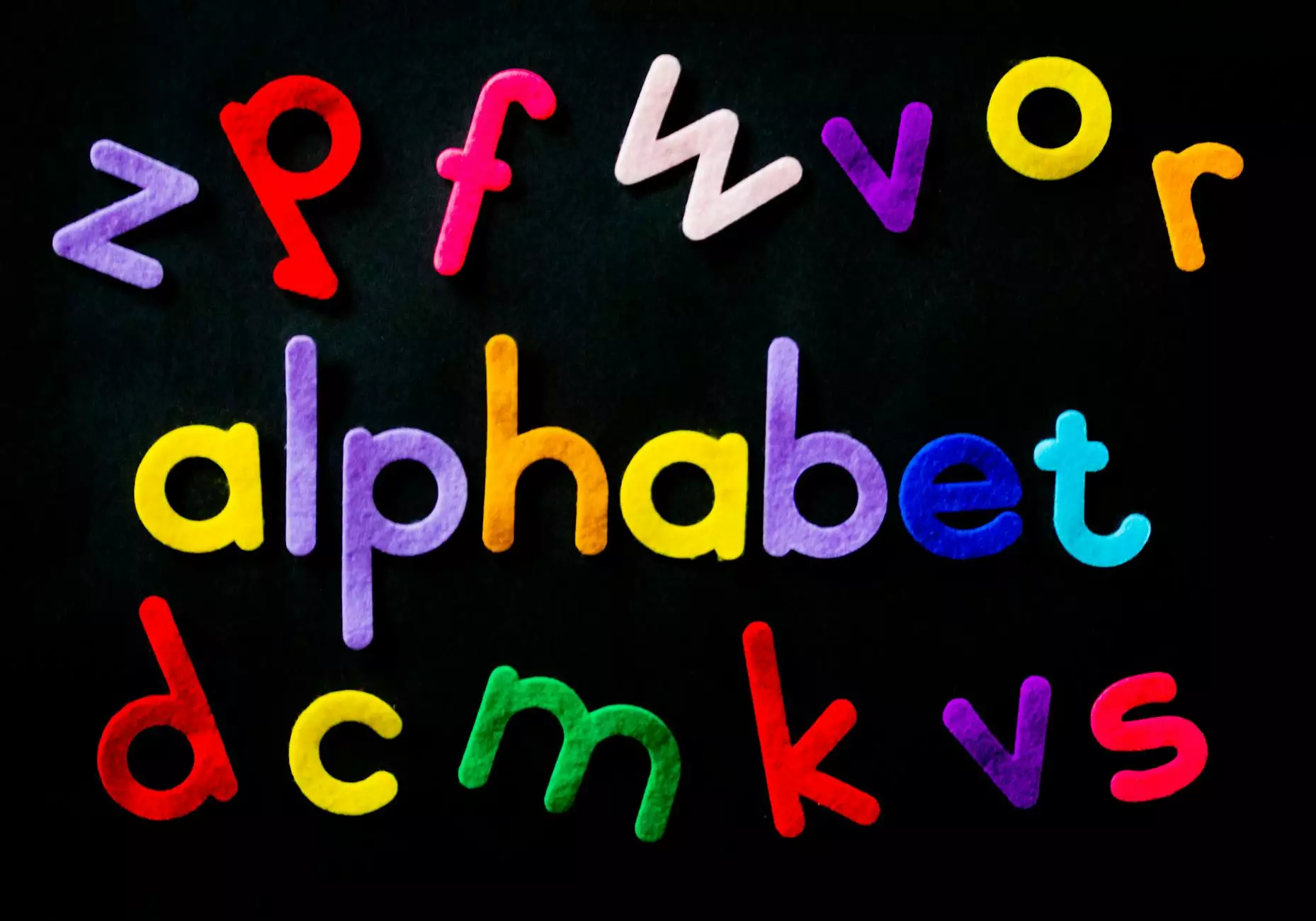Learn English Slang – Slug
English Vocabulary Lessons
The Art of Mastering English Slang
Are you ready to dive into the exciting world of English slang? NJCLT is here to guide you through the intricacies of this language phenomenon. Whether you're a language enthusiast or an English learner, understanding slang is essential to communicate with native speakers and immerse yourself in the culture. In this comprehensive guide, we will walk you through the most popular English slang terms, their definitions, and usage.
The Importance of Learning English Slang
English slang is a vital aspect of language learning that goes beyond traditional vocabulary. It adds color, humor, and authenticity to your conversations. Mastering slang allows you to understand native speakers, connect with locals, and navigate informal situations effortlessly.
Common English Slang Terms
Below, we've compiled a list of some commonly used English slang terms:
- Awesome: Used to express something that is exceptionally good or impressive.
- Chill: Referring to a relaxed and calm state of mind.
- Bummer: An unfortunate or disappointing event or situation.
- Gig: Referring to a job, typically in the entertainment industry.
- Woke: Being aware and conscious of social and political issues.
Understanding Slang Definitions
Slang terms often have nuanced meanings that may not be found in formal dictionaries. It's important to understand the contexts in which these terms are used to ensure accurate communication. Let's delve into a few examples:
Awesome
When someone says, "That movie was awesome!", they mean it was exceptional and highly enjoyable.
Chill
"Let's just hang out and chill" refers to relaxing in a casual, stress-free way.
Bummer
If someone says, "It's a bummer that the concert got canceled," they're expressing disappointment about the canceled event.
Gig
"I have a gig tonight" implies that the person has a show or performance, often in the music industry.
Woke
When someone describes themselves as "woke," they're expressing their consciousness and awareness of social justice issues.
Mastering Slang Usage
Using slang effectively requires understanding not only the definition but also the appropriate scenarios. Here are some key considerations:
- Cultural Appropriateness: Be aware of the cultural context in which you're using slang terms. Some terms may be region-specific or closely associated with certain subcultures.
- Formality: Slang is generally used in informal settings, so it's important to switch to more formal language in professional or academic environments.
- Avoid Overuse: While slang adds flavor to your communication, using it excessively can make your speech difficult to understand or come across as inauthentic.
Expanding Your Slang Vocabulary
Learning slang is an ongoing process. To expand your slang vocabulary, consider the following strategies:
- Immerse Yourself: Surround yourself with native English speakers or immerse yourself in English-speaking media, such as movies, TV shows, and music. Take note of the slang terms used.
- Online Resources: Utilize online resources and slang dictionaries to discover new terms and understand their meaning.
- Social Media: Engage with English-speaking communities on social media platforms to stay updated on current slang trends.
- Conversation Partners: Find conversation partners or language exchange programs to practice using slang in real-life conversations.
Start Exploring the World of English Slang
Congratulations on taking the first step towards mastering English slang! By expanding your slang vocabulary, you'll unlock a new level of fluency and understanding. NJCLT is here to support your language learning journey with our comprehensive resources and engaging lessons. Get started now and embrace the vibrant world of English slang.










